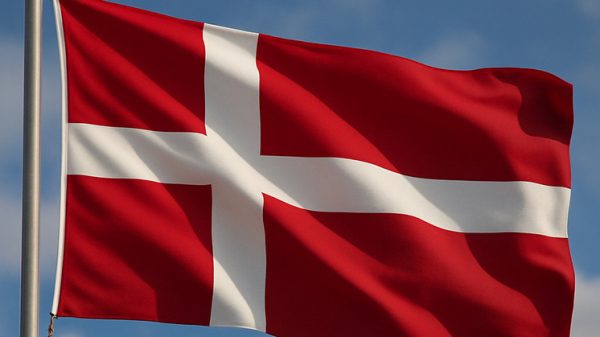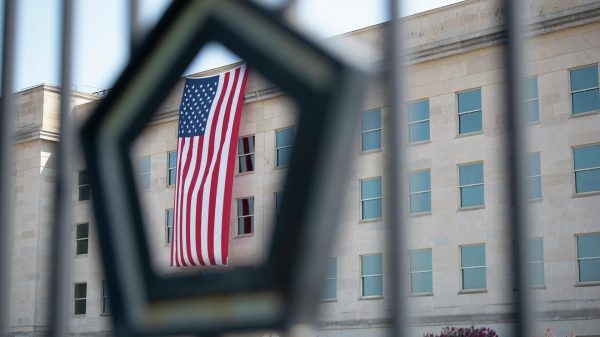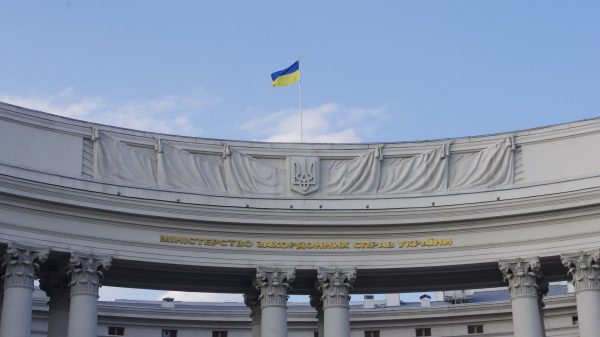 Brazil's central bank officials, led by its president, Roberto Campos Neto, recognized early on that inflation was not temporary. Credit: REUTERS/Adriano Machado
Brazil's central bank officials, led by its president, Roberto Campos Neto, recognized early on that inflation was not temporary. Credit: REUTERS/Adriano Machado
Hours before Andrew Bailey and his colleagues at the Bank of England met to raise interest rates for the fourteenth consecutive time, a group of colleagues 5,500 miles away came to a different conclusion.< /p>
Instead of causing more pain for homeowners, Brazil's central bank decided to cut interest rates for the first time in three years, surprising economists by cutting the cost of borrowing by half a percentage point to 13.25%.
They could do this because inflation in Brazil, unlike the UK, is under control.
It has fallen from a peak of over 12 percent last year to just 3.2%, according to the latest OECD data.
This is not an accident or a different nature of the Brazilian economy.
It was the speed of Copom, Brazil's monetary policy committee, as it became the first major central bank to raise rates.
Starting in March 2021, nine months before the Bank of England . took its first step, Brazilian officials began a series of sharp rate hikes.
Martin Beck, chief economic adviser at the EY Item Club, said this showed how much the Bank of England was «lagging behind» in curbing inflation.
«They went too far in weakening direction, and now they are going too far in the other direction,” he says.
“Perhaps they are falling behind the curve by continuing to tighten. They do not sufficiently take into account all the forecast indicators that indicate that inflation will fall very quickly.”
The Bank of England was the first of the wealthy world's central banks to act by raising interest rates in front of the European Central Bank or the US Federal Reserve.
How did Brazilian officials achieve what their more senior counterparts achieved? right?
Despite the fact that the world's richest central banks remained confident in their unfortunate assumptions that inflation would be «temporary», Copom recognized the threat and took action.
In March 2021, he saw the risks of spreading rising commodity prices, especially oil, into the economy.
He also saw the danger of fiscal easing pushing up inflation as the pandemic eased, which in March 2021 sharply shortened the time for Covid “extraordinary” stimulus.
0308 Bank rate hits 5.25
All of these factors and more have come into play in the UK to spark a cost-of-living crisis.
Brazil's struggle has been longer and more difficult than officials anticipated, and while its fight against inflation is not yet over, it is actually on track to meet its 3% target by 2025.
One lesson the Bank of England, as well as the ECB and Fed, can learn from their Brazilian colleagues, is to act early and act tough when dealing with inflation.
Another option is to look broader when considering its predictive capabilities.
Former Fed Chairman Ben Bernanke arrives to cast his highly qualified look at the old lady of Threadneedle Street after her failures.
Perhaps a candidate from Latin America would be a bolder choice.


























































Свежие комментарии